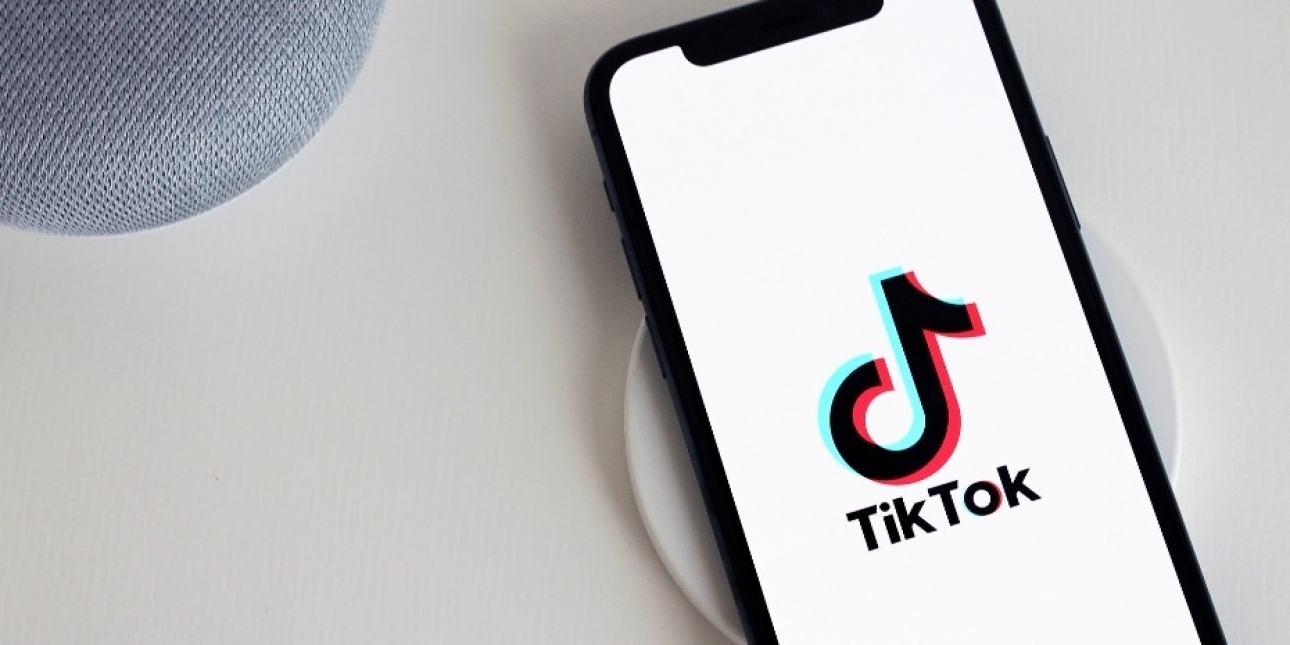PUBLIC RELATIONS
Tuesday 9th June 2020
How will influencer marketing progress in 2020?
In 2019, TAKUMI surveyed nearly 4,000 consumers, marketers, and influencers across the UK, US, and Germany to uncover their opinions of influencer marketing on Instagram. In our whitepaper, ‘Trust, transaction and trendsetters, the realities of influencer marketing’, several interesting relationship dynamics emerged across four key themes: legislation, authenticity, influence & trust, and creativity & control.
But the landscape has changed immeasurably over the last twelve months. TikTok is now the most downloaded app in the world and the influencer industry, along with almost every other industry in the world, is grappling with the impacts of COVID-19.
With so much change happening in our industry, we launched a new whitepaper with a focus this time on the various influencer marketing platforms and perceptions in UK, US and Germany: from YouTube, one of the world’s oldest online social platforms, to TikTok, one of the youngest. In this update to our 2019 report, we found that while some things have stayed the same, a lot has changed in the past year.
Some consumers trust influencers more than friends
Our research showed how trust is earned over time, with consumers tending to trust influencers on legacy platforms such as YouTube more (28%) than those on newer platforms such as Instagram (22%) and TikTok (15%).
However, influencers on both YouTube and TikTok fared well when compared to more traditional brand endorsements. 37% of 16-44-year olds trust a YouTube influencer more than a high-profile figure or celebrity. Meanwhile on TikTok, almost a quarter (23%) of the same age group agreed they trust a TikTok influencer’s recommendation over a friend.
And the survey shows how trust is converting into sales for brands. Over a quarter (27%) of consumers have been influenced to purchase a product or service by creators on YouTube in the past six months, followed by 24% of consumers on Instagram and 15% on TikTok. This increases to almost a quarter (23%) of 16-44 year-olds on the platform, showing how different demographics interact differently with each platform.
Instagram aspirational, TikTok escapist, YouTube influential
Interestingly, after comparing all three channels, it became clear that each has carved out its own niche in the mind of consumers. Across all markets, TikTok is perceived by consumers as more creative, escapist, and entertaining than Instagram. Meanwhile, Instagram was considered more aspirational, informative, and user-friendly than TikTok.
Overall, perhaps as one of the oldest and most familiar social media platforms, YouTube was the highest-ranking across all categories among consumers, although marketers were less enthusiastic in their opinion of the video-sharing platform.
Consumers are still concerned about disingenuous endorsements
Regulation and an authentic brand and influencer voice are key drivers in generating the trust required to deliver ROI on influencer marketing campaigns. And our latest research shows much consumer concern about these aspects of influencer marketing has been alleviated since our whitepaper in 2019. 44% of UK and US consumers had “no main concerns” about TikTok influencers, rising to 48% regarding YouTube influencers.
This represents a significant improvement on last year’s consumer survey which revealed just 20% of US and UK consumers had no main concerns about influencers in general. Part of this improvement can be put down to the success of increased legislation from governments as well as increased clarity and improvement of regulations from industry bodies and platforms themselves.
Influencer marketing in 2020 and beyond
The influencer marketing industry has never been more diverse or active, and throughout last year made significant gains in delivering increased authenticity, expanding and tightening legislation, and positioning influencers as creatives for brands rather than just advertising channels. Our latest whitepaper shows that trends are set to continue in 2020, with consumers preferring influencer content over celebrity endorsements and creators continuing to develop more creative and authentic content via TikTok, Instagram and YouTube.
Image by antonbe from Pixabay

